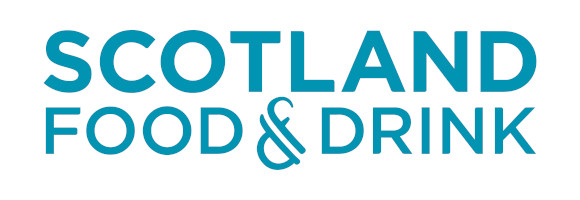Simon McKeating: Why misconceptions shouldn’t hold back Scotland’s Net Zero ambitions

Simon McKeating
Simon McKeating discusses the vital role of Scotland’s food and drink industry in meeting the nation’s 2045 Net Zero target, addressing common misconceptions, outlining the challenges and opportunities involved, and stressing the importance of a ‘just transition’ for the sector.
Every day that passes brings us closer to our ambitious national 2045 Net Zero target, and we stand at a critical juncture if we are to achieve it. As one of the country’s largest employers and economic drivers, Scotland’s food and drink businesses have a critical role to play, but misconceptions and misapprehensions about what can practically be done remain.
The first such misconception is that Net Zero means eliminating all emissions. It is about balancing emissions with removals, creating a net neutral for emissions of our businesses and the country as a whole. Some emissions are unavoidable, particularly in food production, but the goal is to significantly reduce and offset them through sustainable alternatives.
For Scotland’s food and drink industry, this means adopting energy-efficient processes, embracing circular economy methods, and investing in regenerative agriculture, renewable energy sources, such as wind power, hydropower and solar power.
Another commonly misconstrued piece of the sustainability lexicon is ‘just transition’. Most commonly it’s used in reference to secure jobs in high emissions industries like oil and gas as we move to more renewable and climate-friendly systems. However, ensuring a just transition is equally as important for Scottish food and drink producers.
Businesses that make up the sector support more than 129,000 jobs directly, many of which are in rural areas where alternative employment may be limited. Ensuring a just transition means supporting these workers with skills development, innovation investment, and policy frameworks that protect livelihoods while reducing carbon footprints.
An example of this is Scotland’s farming sector. The path to Net Zero for farmers is a turbulent one, with many farmers feeling overwhelmed that they are being demanded to switch to more sustainable practices, with limited financial resources. Having to deal with rising costs, labour shortages and unpredictable weather, the push for sustainable farming might seem like just one more demand on an already overburdened sector.
Embarking on a Net Zero journey presents both challenges and opportunities. On one hand, small producers may struggle with the cost of ‘greener’ technologies, while on the other, sustainability credentials can open doors to domestic and export markets and drive premium pricing for our products. Scotland’s reputation for high-quality, responsibly produced food and drink is a competitive advantage that can be further strengthened by a commitment to sustainability.
Government incentives, private investment, and industry collaboration will be key to ensuring that food and drink businesses of all sizes can participate in this transition. Equally, consumer demand for sustainable choices continues to grow, making it imperative for brands to align with market trends towards environmentally friendly production and consumption.
Achieving Net Zero in Scotland’s food and drink industry is not just about compliance; it’s about future-proofing a sector that is integral to the nation’s security, identity and economy. Collaboration between the government, industry leaders, businesses and communities will be essential to ensuring that the transition is both seamless and effective.
By embracing innovation, supporting workforce transitions, and maintaining a steadfast commitment to sustainability, Scotland can lead the way and achieve our collective Net Zero ambitions. Together, we can lead the way for a ‘just transition’, ensuring no one is left behind as we collectively address the existential threat of climate change.
But time is ticking, and we need to act now.

Simon McKeating is programme manager at the Scotland Food & Drink Partnership Net Zero Commitment







